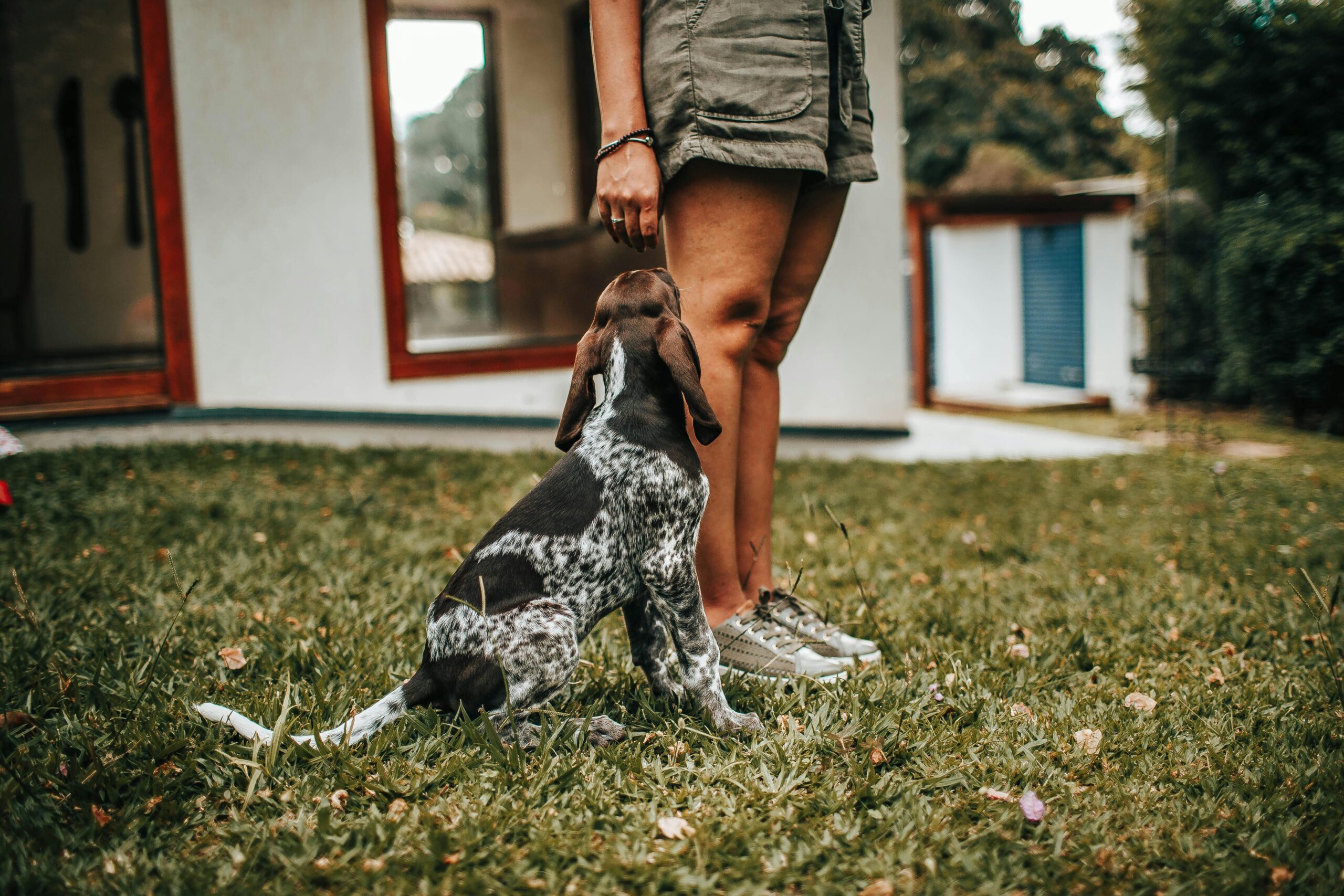
Socializing your dog is essential for their well-being, confidence, and ability to interact positively with people and other animals. Whether you have a puppy or an older dog, proper socialization can prevent behavioral issues and create a well-adjusted pet. Here’s a complete guide to help you socialize your dog at any age.
Socialization helps your dog feel comfortable in different environments, reduces fear-based behaviors, and encourages positive interactions. A well-socialized dog is less likely to develop anxiety, aggression, or destructive habits.
Puppies go through a crucial socialization period between 3 to 14 weeks old. Here’s how to introduce them to the world in a positive way:
Expose Them to New Experiences – Introduce them to various sounds, surfaces, and people to build confidence.
Meet Other Dogs and Pets – Arrange playdates with vaccinated, well-mannered dogs.
Introduce Different People – Let them interact with people of different ages, appearances, and voices.
Take Them to Different Places – Visit parks, pet-friendly stores, and different environments.
Use Positive Reinforcement – Reward calm and friendly behavior with treats and praise.
If you have an adult dog that missed early socialization, don’t worry! You can still help them adjust:
Start Slowly – Introduce new experiences one at a time to prevent overwhelming them.
Use Controlled Environments – Begin socialization in quiet, stress-free settings before progressing to busier locations.
Enroll in Training Classes – Obedience classes can improve their social skills while reinforcing good behavior.
Gradually Introduce Other Dogs – Walks in pet-friendly areas can help your dog observe and adjust to other animals.
Stay Patient and Consistent – Every dog learns at their own pace; keep sessions positive and rewarding.
Forcing Interactions – Let your dog approach new people and animals at their own pace.
Skipping Socialization – Even older dogs need continuous socialization to stay confident.
Using Negative Reinforcement – Yelling or punishing fearful behavior can worsen anxiety.
Socializing your dog is a lifelong process that enhances their quality of life and strengthens your bond. With patience, consistency, and positive reinforcement, your dog can become a happy and well-adjusted companion.
Post Comment